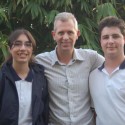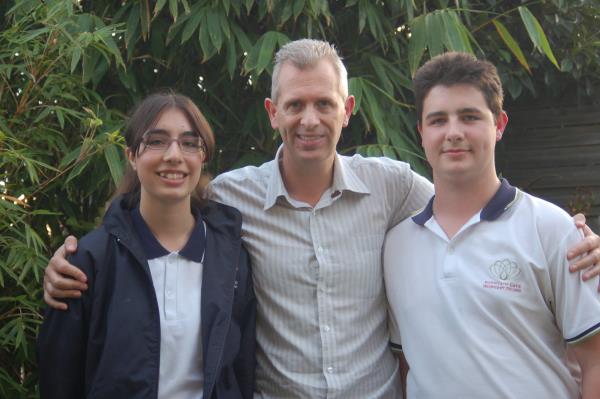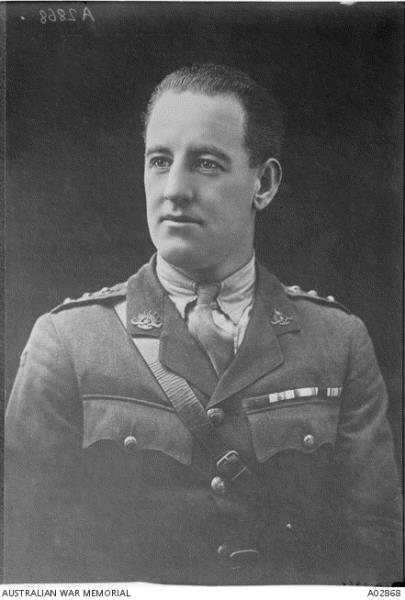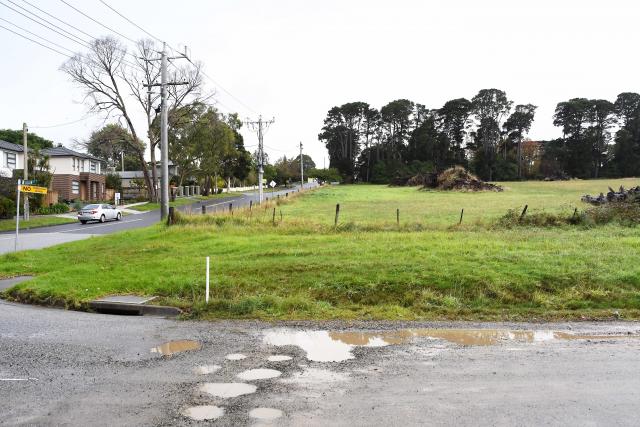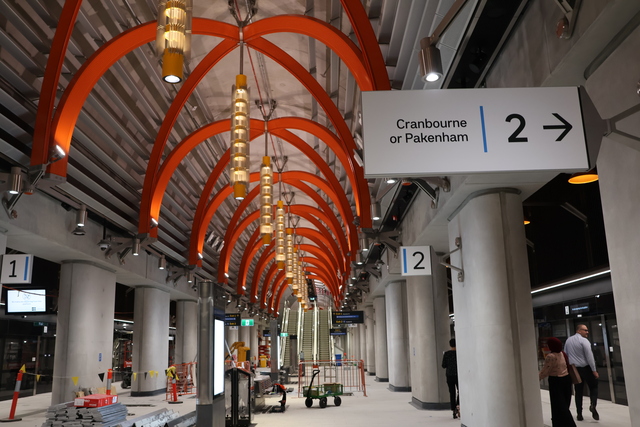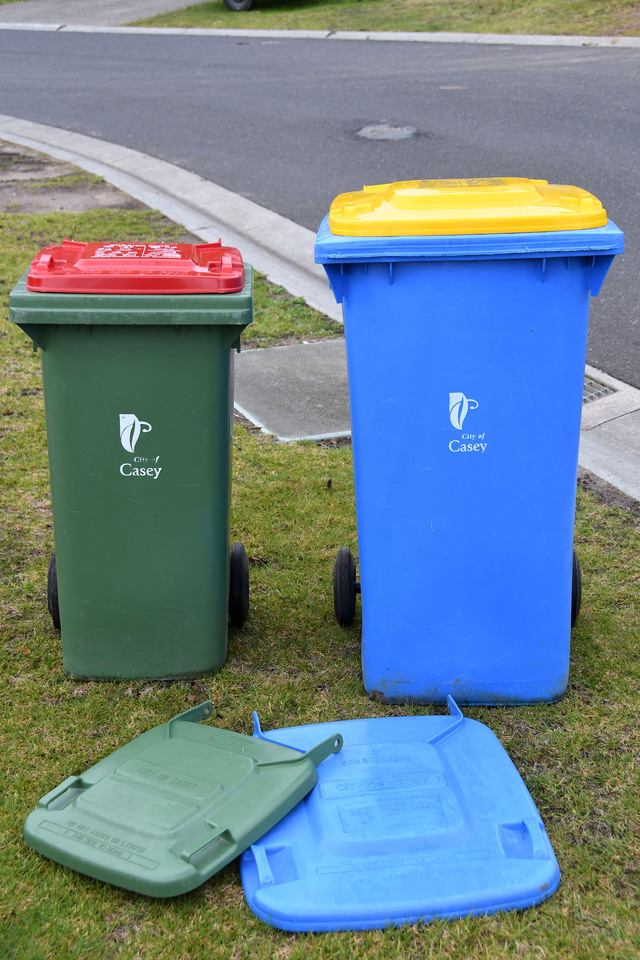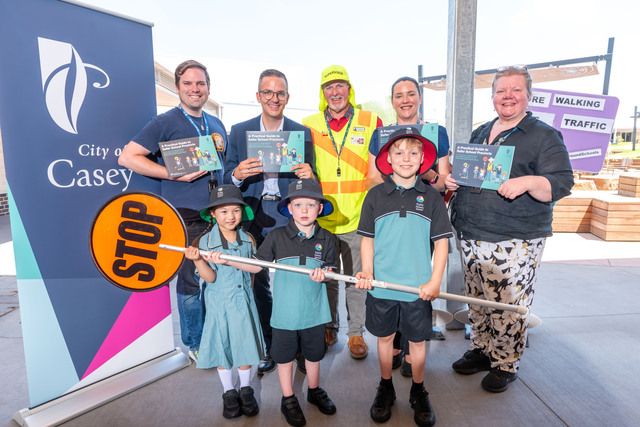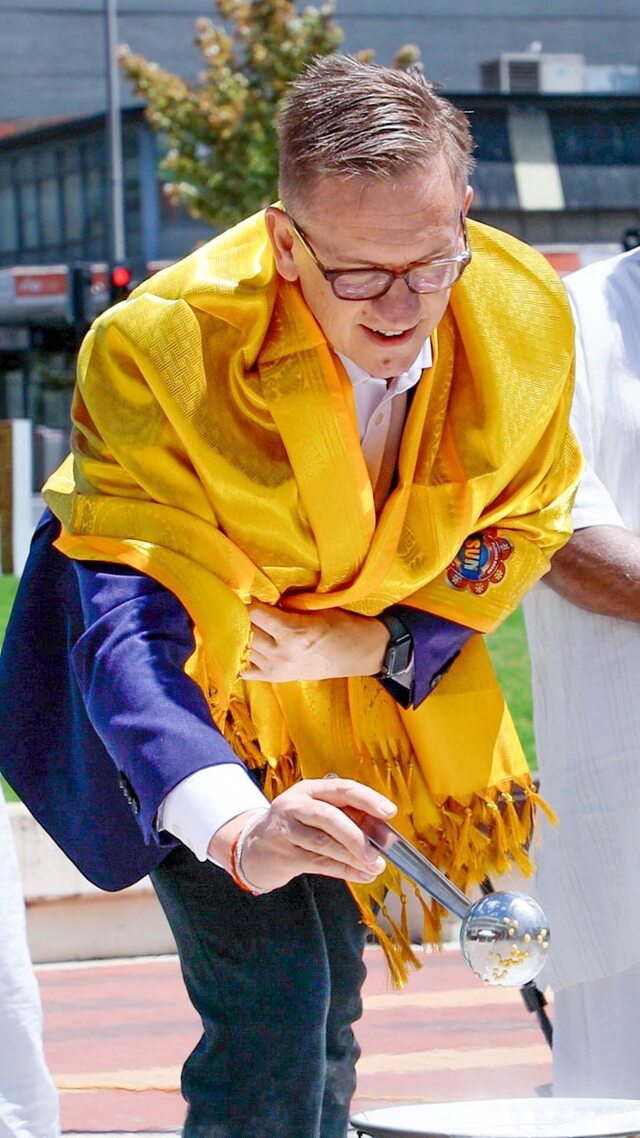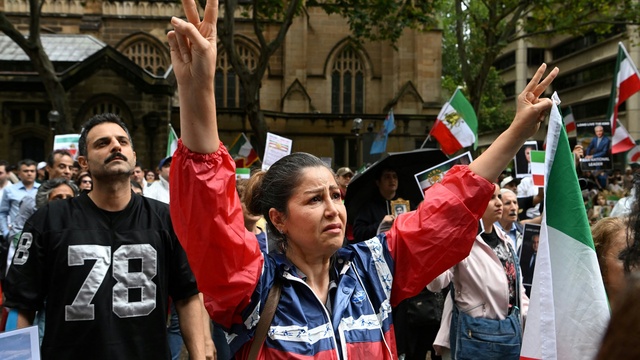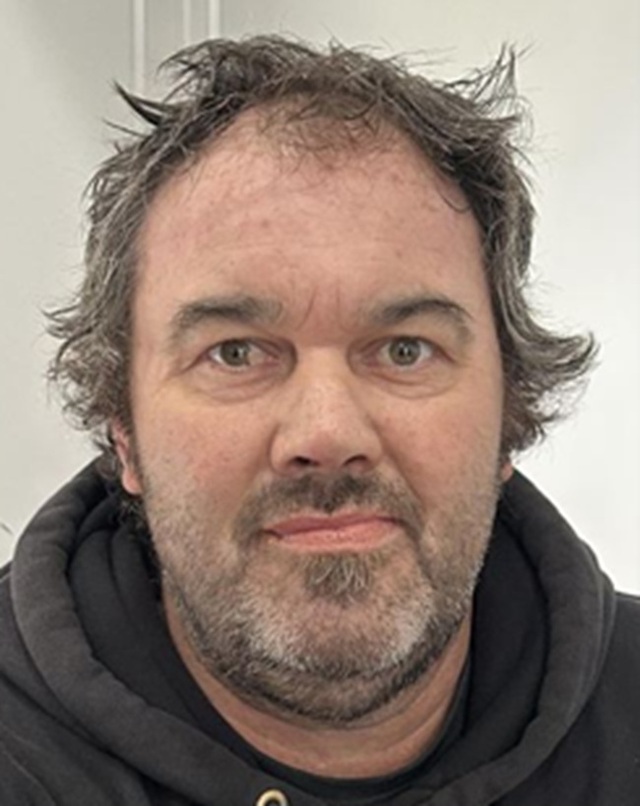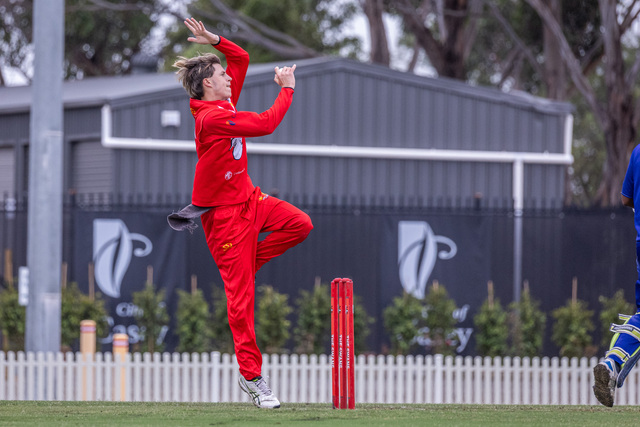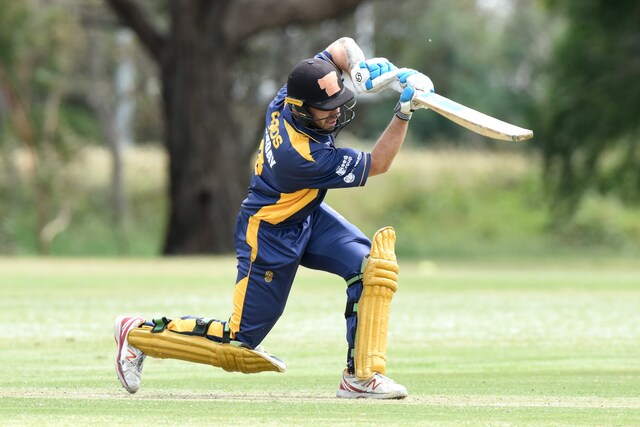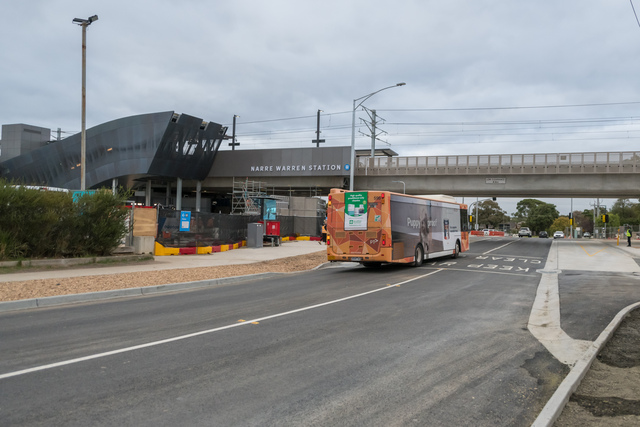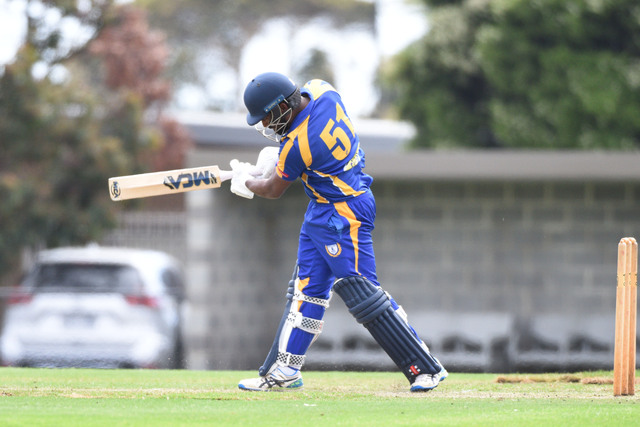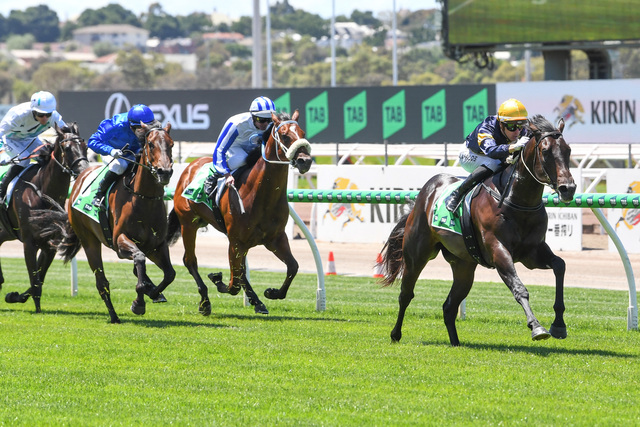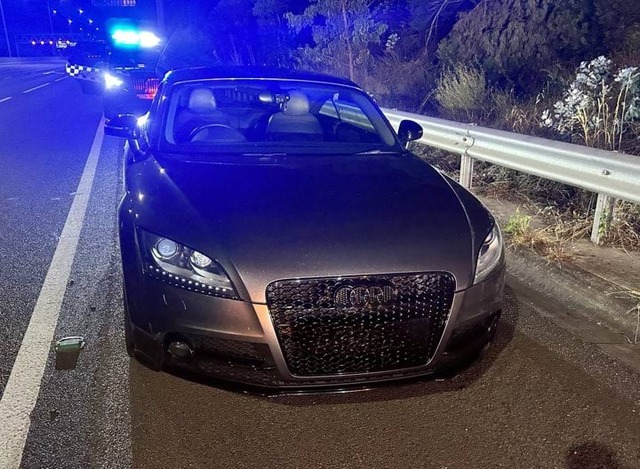By LACHLAN MOORHEAD
NARRE Warren’s Neville Jacka reckons his ancestor Albert Jacka must have been a “little bit crazy” to perform such incredible acts of wartime bravery.
Captain Albert Jacka was the first Anzac to receive the Victoria Cross (VC) in WWI and is renowned and remembered as one of the country’s finest war heroes.
While growing up Neville Jacka, who lives in Narre Warren South, was told story upon story about his grandfather’s cousin – Albert.
“He was obviously very brave, very fearless, he had to be fearless,” Neville said.
“And obviously he had a huge amount of self-belief in that he knew what he was doing, when you look at some of the decisions he’s made… potentially you’d almost have to be a little bit crazy.
“But you just don’t know, it’s hard to say that about someone you’ve never met but I don’t know if people these days would be prepared to put themselves into that sort of position.”
Sitting with his kids inside their Narre Warren home, Neville spoke about Albert’s courage in Gallipoli which saw him later awarded the VC.
History records of one particular battle draw on Albert’s diary in which he wrote that he took on 10 enemy soldiers by himself and was the only one to rise out of the trench alive.
“I bayoneted two Turks, shot five, took three prisoners and cleared the whole trench,” Albert wrote in his diary.
“I held the trench alone for 15 minutes against heavy attack.”
But upon delving into his ancestor’s war history, Neville said Albert’s bravery fighting in the Somme, outside what was left of the village of Pozieres, was arguably just as breathtaking.
At one point during this battle, it’s recorded that Albert spotted a group of four Germans in a shell hole firing on the Australians who were taking a heavy toll.
Albert charged the group of Germans who are believed to have shot him three times as he approached, throwing him to the ground each time.
It’s said the Australian got back up after each bullet pierced his skin and kept running towards the enemy.
It’s understood the four Germans threw down their weapons and Albert killed them.
C.W Bean, an Australian Imperial Force (AIF) historian, described Albert’s efforts in the Pozieres battle as “the most dramatic and effective act of individual audacity in the history of the AIF”.
Neville’s son Daniel, 18, who attends Fountain Gate Secondary College with his sister, 14-year-old sister Hayley, said he was only nine or 10 when his dad first told him about Albert Jacka.
“And I remember one time, I think it was about Year 7. I was in an IT class and I just decided to Google him, let’s see what he’s done,” Daniel said.
“I was like – this guy’s in my family? He’s awesome!
“The appreciation for what he has done has definitely grown.”
After the war, Albert became the mayor of St Kilda in 1929, where Jacka Boulevard was named after him.
But the much storied Australian died soon after in 1932, at the age of 39, succumbing to nephritis.
Neville said Albert’s old war wounds had taken their toll.
“Right near the end of the war he was in an attack where they got attacked with gas,” Neville said.
“I think it was mustard gas or something like that and that’s nasty stuff and that affected his wounds, caused all his old wounds to open up and affected his lungs.”
On Anzac Day this month Neville plans to attend the Shrine for the Dawn Service and reflect again on Albert’s fearlessness.
“You always sort of stop and think about it around Anzac Day and around Remembrance Day and you stop and have a think about the stuff he did,” Neville said.
“And you try and think – what would I do if I was in the same position?
“Would I have been able to do that? Probably not.
“It’s a pretty special kind of person to be able to just do the stuff that he did time and time and time again.”

